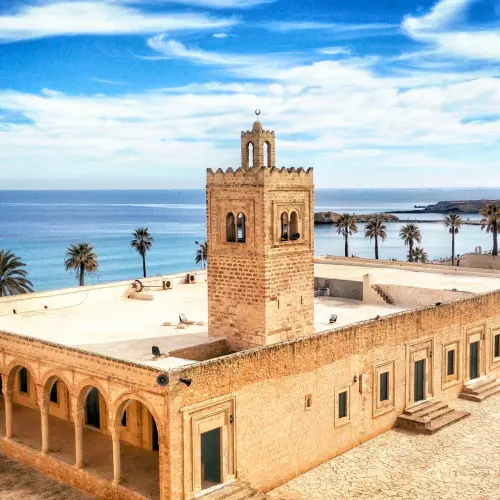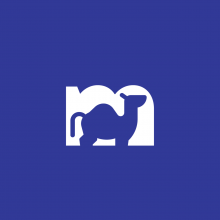
There are 6 Companies in Tunisia
that provide Corporate identity Services!
Low prices and the talent pool are the main reasons why Tunisia managed to attract direct foreign investments from international companies and organizations. Additionally, a valuable resource for the country's IT sector are skilled professionals, who over time have earned valuable experience and have increased the country’s performance in the field of digital services.
Discover Top IT Companies in Tunisia specialized in Corporate identity and other related services. Find the best IT service providers for your projects.
Handpicked companies • No obligation to hire • 100% risk-free
Explore Top Corporate identity Companies in Tunisia
ZetaBox delivers custom software development, transforming ideas into powerful, scalable solutions with cutting-edge technology and client focus.
Digital Marketing Agency Interacti Marketing Agency is a marketing agency based in Sfax, Tunisia.
Jasmin Marketing is a full-service communications agency that specializes in developing strategic and creative solutions for our clients.
We help companies digitize their operations through innovative software solutions
CAMEL SOFT LLC is a leading provider of IT solutions and services company.
DuetoData is your digital Solution provider, We unlock new businesses through Digital Solutions based on Data.
Filter Corporate identity Companies in Tunisia by Cities
Find the right tech company near you or from a specific city. Some of the best companies might be located in smaller cities.
Find more Corporate identity companies around the world
TechBehemoths is the world's most advanced and user-friendly platform to match IT Companies with real clients without hustle.
The Tunisian IT Industry: Overview & Insightful Data
Tunisia aims to position itself as a strategic hub in the Middle East and North Africa by becoming one of the top-performing countries in the region in terms of datacom infrastructure and IT business environment.
In order to promote Tunisia as an attractive destination for outsourcing services and an anchor in the global digital movement, the government has lifted the ban imposed by the Telecommunications Regulatory National Agency (ANRT) on Internet Protocol (VoIP) services.
According to a report published by The Brookings Institution in October 2016, the VoIP ban resulted in US$320m of economic loss for Tunisia during the first half of 2016. The situation ameliorated in 2024, with GDP growing by 1.4% with a slow recovery from the challenges in 2023.
In terms of digital progress, Tunisia still struggles with disparities in access to computer technologies in crucial sectors. Even though 60% of Tunisians had access to the internet last year, the country’s 2025 network readiness index remains relatively low, ranking 96th out of 139.
Why You Should Work With Tunisian IT Companies
Low prices and experienced professionals are the main reasons why Tunisia managed to attract direct foreign investments from international companies and organizations. Since the country has focused a lot on BPO services, it may be challenging for locals to establish their own IT and digital companies in a country with a poorly developed IT industry.
What You Should Pay Attention to When Working With Tunisian IT Companies
The local IT companies are mainly focusing on BPO due to a poorly developed IT infrastructure. The only valuable resource remains skilled professionals, who over time have earned valuable experience and have increased the country’s performance in the field of digital services.
How Reliable Are Tunisian IT Companies
In terms of reliability, the Tunisian IT companies benefit from foreign companies’ reputations. 82% of all IT companies from Tunisia are multinational or international agencies and investors aiming to attract a low-cost and decent quality workforce.
The main investors in the Tunisian IT industry are French tech companies, which are extending their network and influence in North Africa and the Mediterranean regions.
How Does the Tunisian IT Industry Relate to the Neighboring Countries?
The close proximity to Spain makes Tunisia look weak in front of new technology challenges, and the poorly developed IT infrastructure, with banned services and risk to terrorism, gives no chance to the country to compete with Spain or Portugal in South-West Europe.
On the other hand, Tunisia is probably the most developed country in North Africa and has the potential to achieve what it was aiming for in the first place - A strategic regional hub. However, Tunisia needs strong financial support from the international community and also transparency and democratic institutions to lead the necessary reforms for the country’s development overall, and particularly in the IT industry.





